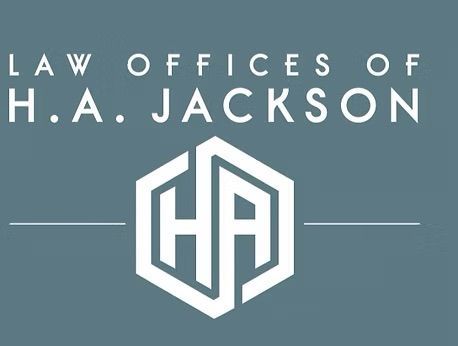Address
3504 West Magnolia Boulevard, Burbank, California 91505, United States
Get in touch
Law Offices OF HA Jackson
3504 West Magnolia Boulevard, Burbank, California 91505, United States
© 2025
All Rights Reserved | Law Offices of HA Jackson | Privacy Policy

